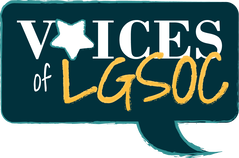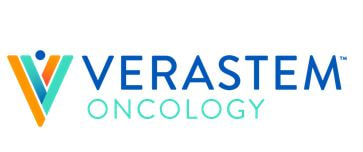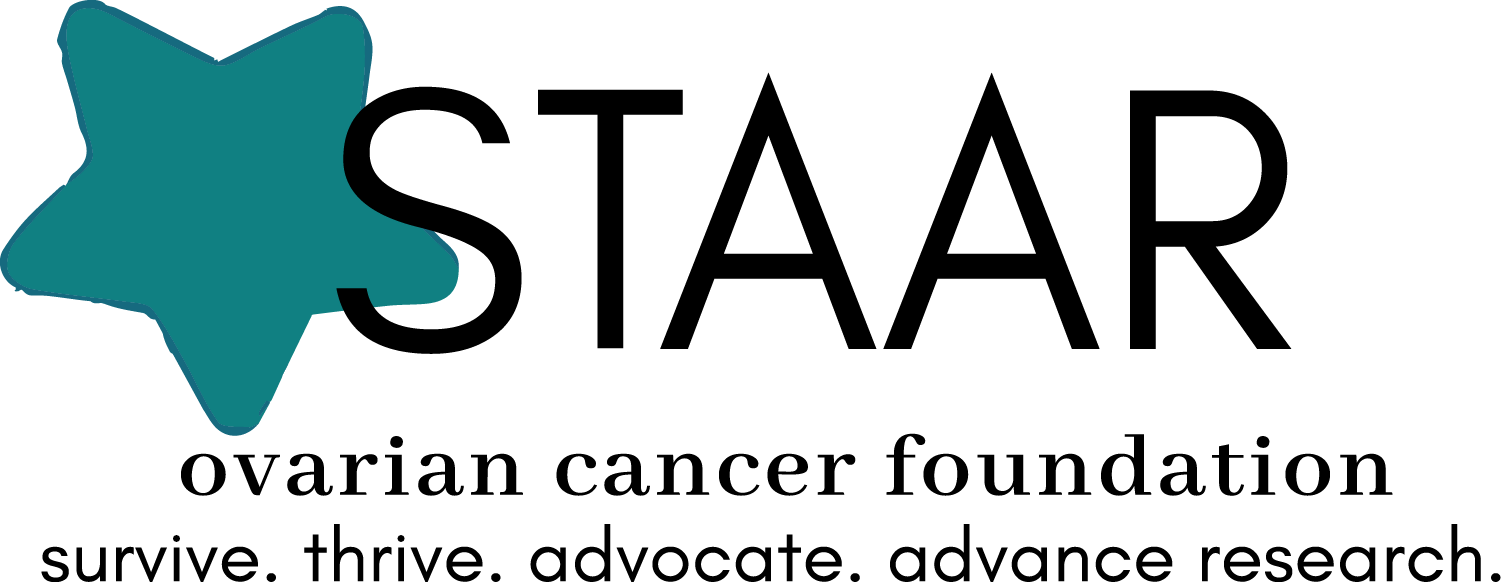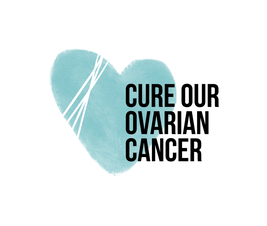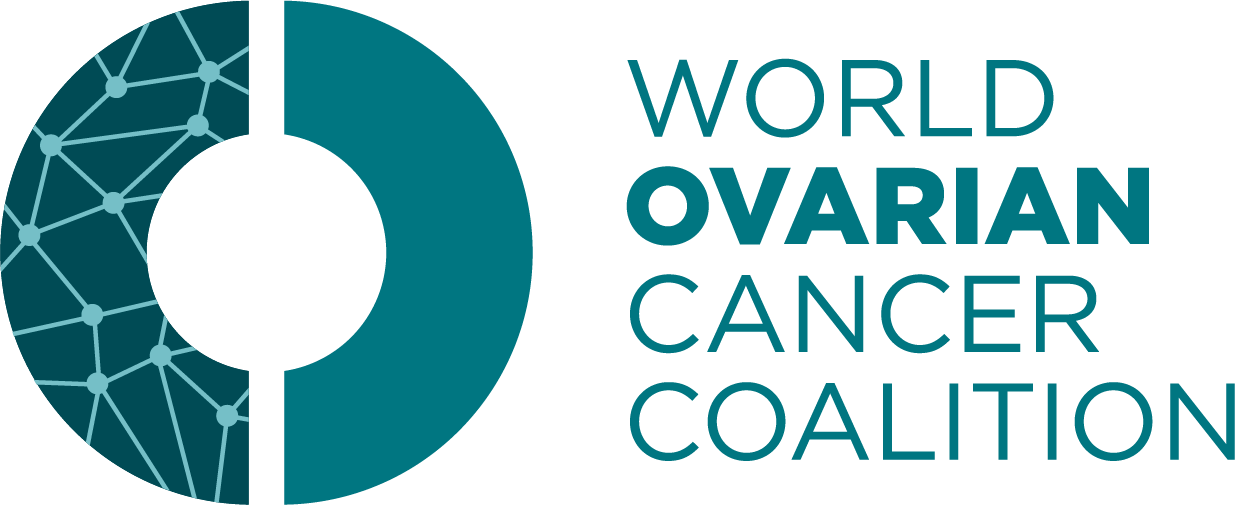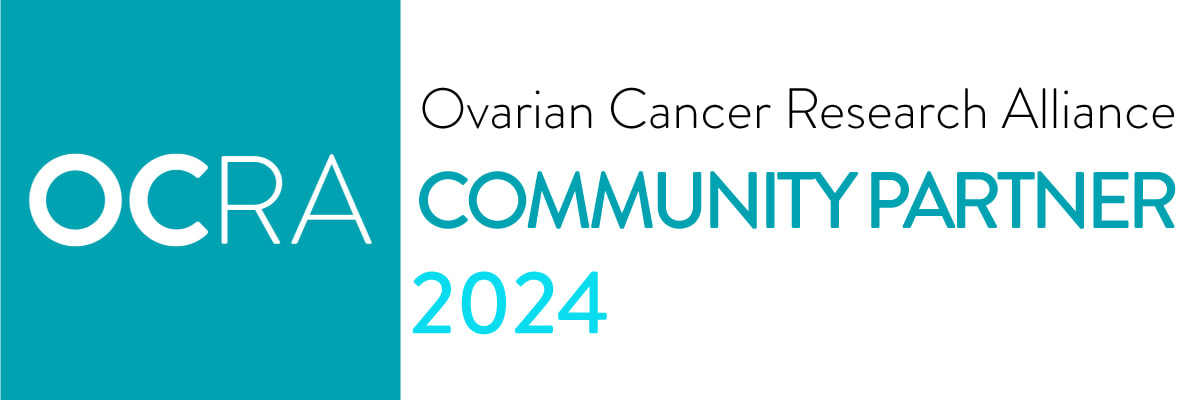The FDA is listening - Raise YOUR Voice!
At STAAR, we are dedicated to improving the lives of people diagnosed with low-grade serous ovarian cancer.
One powerful way we can achieve this is by ensuring that the FDA—the federal agency responsible for evaluating drugs in the United States—hears our stories about living with this disease and undergoing treatment By incorporating our voices, the FDA can make more informed decisions that directly impact our lives.
On October 13th, we hosted a PFDD meeting to make our voices heard by the FDA. Learn more about PFDD meetings and watch the recording below!
One powerful way we can achieve this is by ensuring that the FDA—the federal agency responsible for evaluating drugs in the United States—hears our stories about living with this disease and undergoing treatment By incorporating our voices, the FDA can make more informed decisions that directly impact our lives.
On October 13th, we hosted a PFDD meeting to make our voices heard by the FDA. Learn more about PFDD meetings and watch the recording below!
Watch the Recording!
What is a patient-focused drug development (PFDD) meeting?
One of the FDA’s missions is to protect and promote public health by evaluating the safety and effectiveness of new drugs, biologics, and devices. The FDA does not develop drugs nor conduct clinical trials. FDA does, however, play a constructive role in guiding, helping, or evaluating at some stages of the pre-clinical, translational, and clinical development work.
The PFDD meeting give the LGSOC community an opportunity to tell our stories to the FDA . Over the last few months STAAR has worked with partners Cure our Ovarian Cancer and World Ovarian Cancer Coalition to collected patient stories and comments. At the meeting many stories were shared.
One of the FDA’s missions is to protect and promote public health by evaluating the safety and effectiveness of new drugs, biologics, and devices. The FDA does not develop drugs nor conduct clinical trials. FDA does, however, play a constructive role in guiding, helping, or evaluating at some stages of the pre-clinical, translational, and clinical development work.
The PFDD meeting give the LGSOC community an opportunity to tell our stories to the FDA . Over the last few months STAAR has worked with partners Cure our Ovarian Cancer and World Ovarian Cancer Coalition to collected patient stories and comments. At the meeting many stories were shared.
Learn More
Why is the FDA Coming to this Meeting?
Patient-Focused Drug Development (PFDD) is a systematic approach to help ensure that patients’ experiences, perspectives, needs, and priorities are captured and meaningfully incorporated into drug development and evaluation.
The PFDD initiative started in 2012 as part of FDA’s commitments under the Prescription Drug User Fee Act (PDUFA) V. After conducting FDA-led PFDD meetings, FDA recognized there are many more diseases/conditions that can be addressed beyond those that were planned and conducted by FDA.
To help expand the benefits of FDA’s PFDD initiative, in 2015, FDA announced the opportunity for externally-led (EL-PFDD) meetings. EL-PFDD meetings are planned and hosted by patient organizations, with the input of FDA staff, and use the process established by FDA-led PFDD meetings as a model.
Recognizing the value of patient perspectives, we are seeking patient stories to better inform the FDA's drug development process. That's where the PFDD comes in!
PFDD meetings follow a town hall style discussion format. The majority of the meeting is dedicated to hearing from patients and caregivers about their perspectives on their condition. Participants are asked to share their perspectives during two panels followed by open discussion.
The PFDD initiative started in 2012 as part of FDA’s commitments under the Prescription Drug User Fee Act (PDUFA) V. After conducting FDA-led PFDD meetings, FDA recognized there are many more diseases/conditions that can be addressed beyond those that were planned and conducted by FDA.
To help expand the benefits of FDA’s PFDD initiative, in 2015, FDA announced the opportunity for externally-led (EL-PFDD) meetings. EL-PFDD meetings are planned and hosted by patient organizations, with the input of FDA staff, and use the process established by FDA-led PFDD meetings as a model.
Recognizing the value of patient perspectives, we are seeking patient stories to better inform the FDA's drug development process. That's where the PFDD comes in!
PFDD meetings follow a town hall style discussion format. The majority of the meeting is dedicated to hearing from patients and caregivers about their perspectives on their condition. Participants are asked to share their perspectives during two panels followed by open discussion.
Voices of LGSOC Publication
The recording of patient perspectives will become permanent public evidence available to key stakeholders, including the FDA.
Patient input from meetings and meeting summary reports can support FDA staff:
PFDD meetings offer an opportunity to foster relationships between patient organizations and industry/medical product developers.
By sharing our perspectives, we can work towards changing the way they care for people with LGSOC.
Patient input from meetings and meeting summary reports can support FDA staff:
- In conducting benefit-risk assessments for products under review by informing the therapeutic context
- Advising drug sponsors on their development programs. Patient input can support drug development more broadly
- Identify areas of unmet need in the patient population
- Identify or develop tools that assess benefit of potential therapies
- Raise awareness and increase engagement within the patient community
PFDD meetings offer an opportunity to foster relationships between patient organizations and industry/medical product developers.
By sharing our perspectives, we can work towards changing the way they care for people with LGSOC.
Who Benefits from PFDD Meetings?
Patients: know the FDA and drug sponsors have heard their voices. Patients’ experiences are validated, reducing feelings of isolation. Hearing other patients voice their experiences and needs helps patients to better self-advocate. PFDD meetings can also help to bring new treatments to the market, which benefits patients.
FDA: gains understanding of what it’s like to live with a particular disease. The FDA becomes informed of side effects and risks patients may be willing to accept to gain a certain level of symptom relief or slowing of their disease progression. The FDA learns about patients’ needs regarding new drugs, and what their preferences are for clinical trials for their disease. PFDD meetings assist the FDA in knowing if a new drug addresses patient needs.
Patient advocacy groups: PFDD Meetings help these groups (like STAAR) identify what needs exist for patient education and advocacy. More effective advocacy increases public awareness and knowledge of the disease. In addition, these meetings help patient advocacy groups connect patients with their peers.
Pharmaceutical companies: gain insights into the major concerns of patients. This helps the companies develop treatments and design clinical trials that match patients’ needs and preferences. Drug sponsors learn which disease symptoms or treatment side effects are, or are not, tolerable by the patients. This helps the companies develop drugs that matter to patients. With knowledge gained from PFDD Meetings, pharmaceutical companies receive advice from the FDA on developing potential drugs and therefore help to advance medicines that meet patients’ needs.
FDA: gains understanding of what it’s like to live with a particular disease. The FDA becomes informed of side effects and risks patients may be willing to accept to gain a certain level of symptom relief or slowing of their disease progression. The FDA learns about patients’ needs regarding new drugs, and what their preferences are for clinical trials for their disease. PFDD meetings assist the FDA in knowing if a new drug addresses patient needs.
Patient advocacy groups: PFDD Meetings help these groups (like STAAR) identify what needs exist for patient education and advocacy. More effective advocacy increases public awareness and knowledge of the disease. In addition, these meetings help patient advocacy groups connect patients with their peers.
Pharmaceutical companies: gain insights into the major concerns of patients. This helps the companies develop treatments and design clinical trials that match patients’ needs and preferences. Drug sponsors learn which disease symptoms or treatment side effects are, or are not, tolerable by the patients. This helps the companies develop drugs that matter to patients. With knowledge gained from PFDD Meetings, pharmaceutical companies receive advice from the FDA on developing potential drugs and therefore help to advance medicines that meet patients’ needs.

